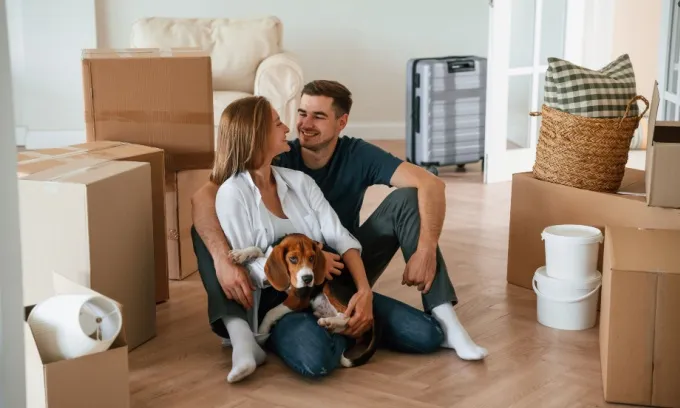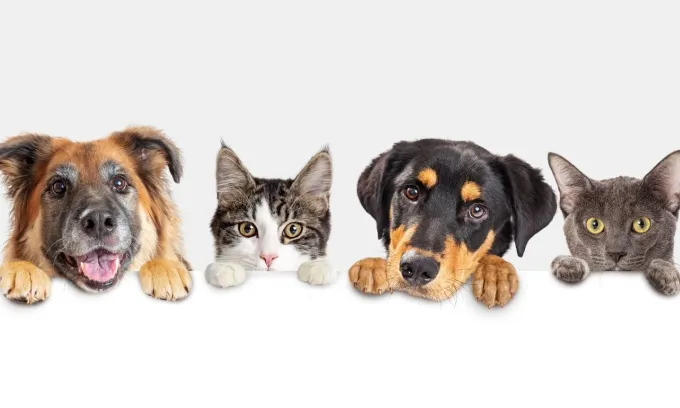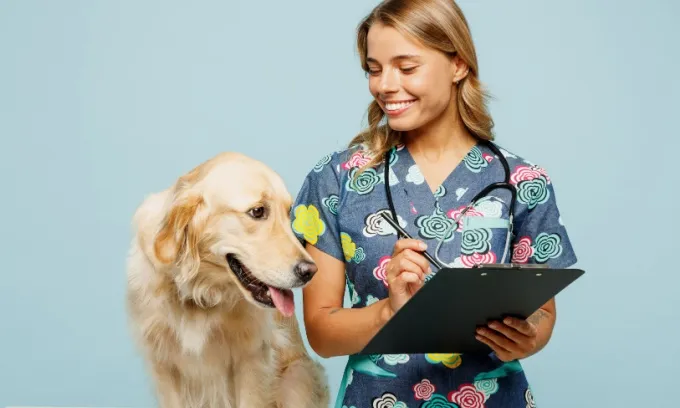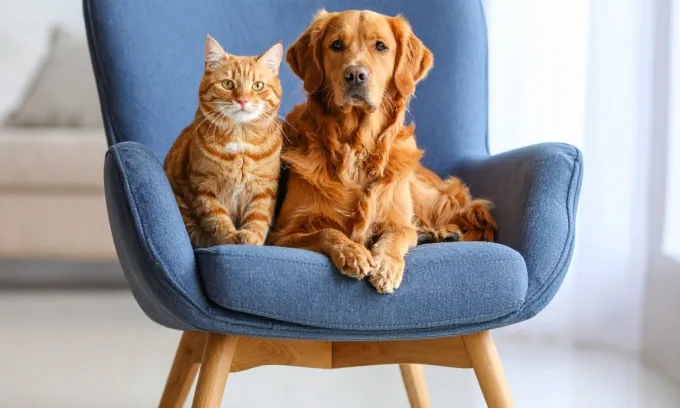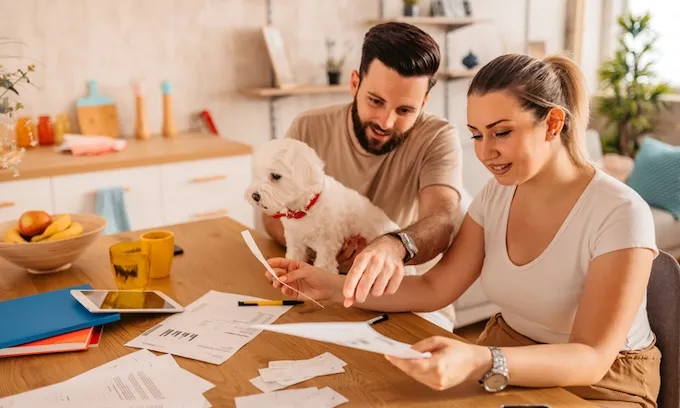Key Points
- When welcoming a pet, it’s important to consider how much time you can devote to its needs and care.
- Also consider the size of pet that your house and yard can accommodate.
- If you already have a pet, consider how introducing a new animal will change the dynamic.
Do you dream about loading your two big dogs in the back of your four-wheel drive and heading off for a weekend adventure, or are you more the type to enjoy solitary time in your apartment with a cat at the end of a long day? Perhaps cats and dogs aren’t your thing and you’re more about fish, birds or even guinea pigs.
Whatever your preference, finding a pet that suits your lifestyle and fit into your family is important. Moreover, our pets depend on us, so it’s important to only take on an animal if you’re confident you can care for it properly and provide food, exercise and snuggles as required. You have many options available, from low maintenance pets to more active animals.
So how do you choose what pet is right for you?
What questions should you ask yourself before getting a pet?
If you’re considering getting a pet, ask yourself the following questions, and be as honest as you can:
Why do you want a pet?
This is a really important question. Do you want a particular pet because your best friend has one, or because you saw a cute pup on Instagram and had to have the same one? Do you feel the need to replace a pet that you lost? Do you just really want a companion who you can love and take care of, and who can make some special memories with you and your family?
How much time and effort can you devote to a pet?
Pets can take a lot of work, and there can be a lot of commitment involved in the form of physical activities, grooming, feeding, vet visits and attention. If you get a dog, then you may need to prepare to be barked and pawed at first thing in the morning when it’s time for a walk. Pets can give great rewards in the form of love and affection, but can also take a lot of commitment, so think about what level of attention your job and family life will allow.
What does your budget allow?
When taking on a pet, it’s important to remember that you’ll be responsible for their care, and the price goes beyond just food. Certain large breeds of dogs can be prone to conditions like hip dysplasia, while small breeds like Frenchies can also have health problems that require expensive vet trips. It’s important to do some research about the costs of owning a pet to make sure you can afford the care it needs and potentially the cost of pet insurance premiums.
How will the pet affect the rest of my family?
Is anyone in your household allergic to dogs? Are you away from home a lot, traveling or just spending a lot of time at work every day? You need to consider your whole family’s concerns when choosing a pet – for example, if you adopt a needy dog but are seldom home to look after it, this responsibility may fall to your partner or other family members, which could breed resentment over time, or lead to the pet being neglected.
What’s my home like?
How much space do you have for a pet? Do you live in a small apartment or a big house? Is there a backyard for a big dog to run around in, and if not, do you live in an area where there is ready access to walking trails and dog parks? Is your yard securely fenced? How will your neighbours feel about your new pet? If you rent, does your landlord allow pets?
How will the pet affect my other pets?
If you already have a dog, for example, and you want another, it’s important to pick a pup that will compliment your dog’s temperament and needs. If your new puppy and your older dog don’t get along, home life could become more stressful for all concerned.
What are some low-maintenance pets?
- Cats
- Small birds, like budgerigars, canaries, cockatiels
- Rabbits (not legal in Queensland but legal in all other states of Australia)
- Rodents, like guinea pigs, ferrets, mice, and rats
- Chooks, bantams, ducks
- Fish
When it comes to cats, keep in mind that different cats have different personalities! Some cats are more independent and only need a little bit of attention, while others might always want your companionship and affection (taking more time and energy). Rabbits and rodents can also be very loving and become great friends. These kinds of pets require 15 to 30 minutes a day of feeding and weekly cage or litter box cleaning.
While fish may be “low maintenance” in the sense that they don’t require attention or walk, it’s important to consider the costs of maintaining an aquarium, and the work involved in keeping it clean, so it’s important to make sure you’re willing to make that commitment.
What are some medium-maintenance pets?
Dogs typically require a medium amount of care and attention to thrive. They require much more attention and time than cats or guinea pigs. Dogs need to be exercised and fed daily, and groomed regularly. Dogs may also have to get training or obedience lessons, and need way more human interaction than other animals. Expect to spend an hour or two, or even more time every day taking care of your canine pal.
What are some high-maintenance pets?
- Horses, cattle, sheep
- Large, and often noisy, birds like parrots, peacocks or turkeys
- Exotic animals like alpacas, llamas, or goats
These animals require a lot more care, attention, time and money. They also need a lot of space, so unless you live on a large farm, high maintenance pets probably aren’t for you!
What about adopting an older pet?
If you want a pet like a dog or cat and are worried about how much work a puppy or kitten will be, think about getting a “teenage” or adult animal! Here are some reasons why some people decide to do this:
- With older pets, what you see is what you get. Their personalities are developed and they know who they are. This really helps if you want a certain type of animal. A kitten or puppy’s personality is still a mystery and you don’t know what type of adult they’ll become.
- They’ve already been through the baby stage and most of the mischief, like chewing slippers or climbing the curtains. Plus, you don’t have to worry about toilet-training an adult dog or cat, and many grown-up dogs have already had obedience training.
- You can be sure of the pet’s full size and overall appearance as an adult.
- Older pets know they’ve found a great new home and will be super grateful to you for it!
If you do decide you have room for a pet in your life and can provide it with the care and attention it deserves, then consider adopting from an RSPCA shelter first. That way you are not only giving an animal a second chance but the experienced staff at the SPCA can match you with the perfect pet for your family. Dogs and cats adopted from the SPCA are also desexed, wormed, vaccinated and microchipped.
Please remember that pets are a life-long commitment but given the chance, they will love you for life. Too often, the SPCA is left with the aftermath of impulse purchases, with tens of thousands of animals requiring help each year.
It’s important, therefore, to spend the time it takes to evaluate your true situation, particularly with regard to time, activity level and facilities a pet will need before deciding which pet is right for you.
Cover image source: Standret/Shutterstock.com



